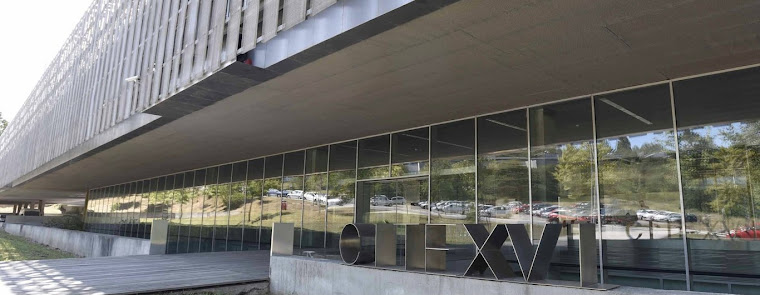Food Control, 93, 165-182, 2018
The increase of food adulteration, inducing losing a large amount of money as well as of the confidence of consumers, has become an urgent issue for producers, researchers, governments and consumers. Chromatographic methods, in combination with chemometrics, are usually developed and applied throughout the food chain to verify the nature or origin of food, with both targeted (metabolomics) and non-targeted (profiling) approaches. Their operation, together with their advantages and drawbacks, will be discussed in this review to show strategies to solve food authentication issues.


